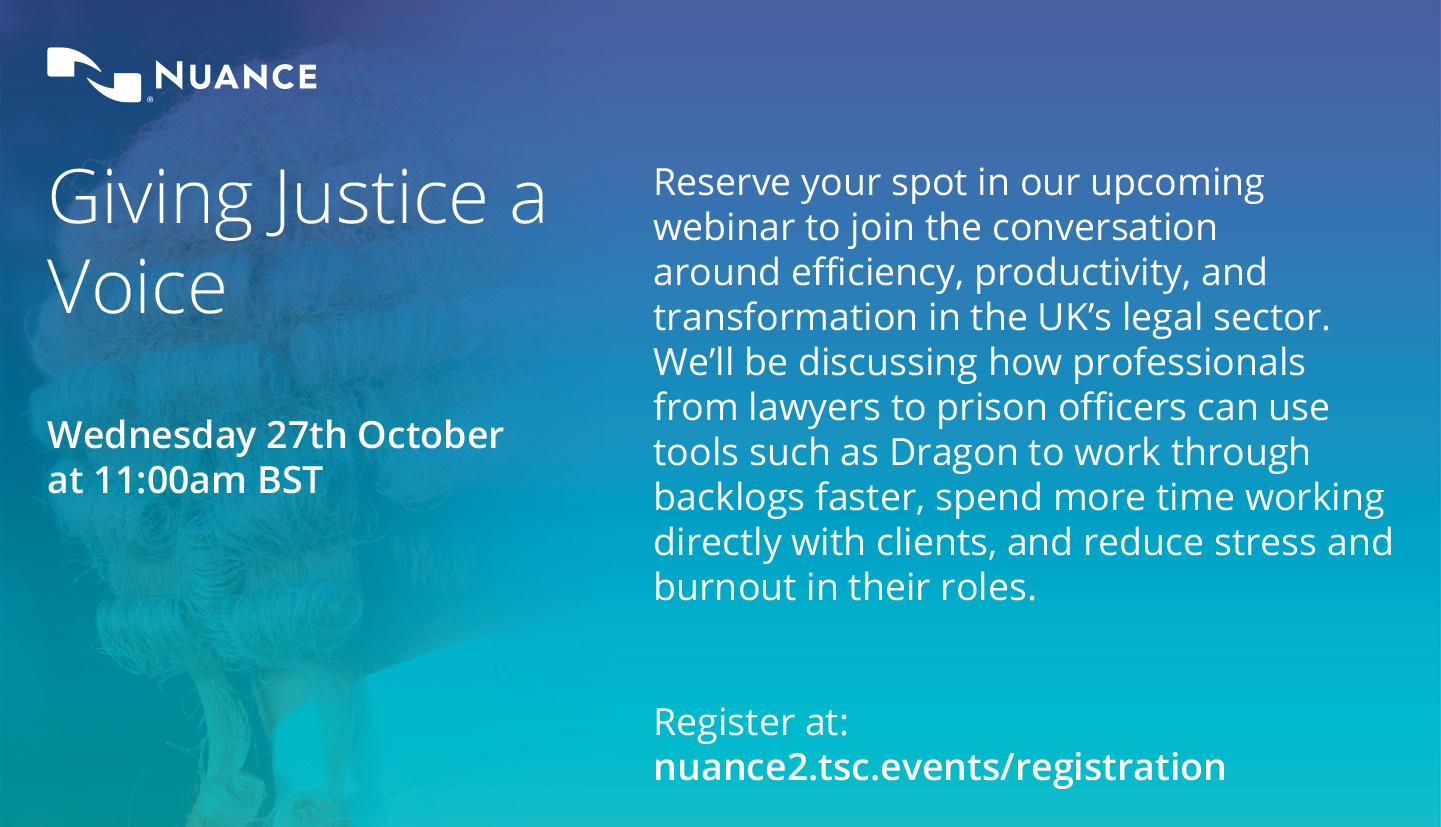
Digitally transforming the justice system from policing right through to prisons and rehabilitation is no easy feat, but it is underway. The government reaffirmed its plans to “modernise the delivery of criminal justice and encourage greater use of technology” in the 2021 Police, Crime, Sentencing and Courts Bill – and there have already been some promising improvements.
For the police, new tools such as centralised reporting systems are lessening its enormous documentation burden, freeing up more time and resources to commit to frontline community support. For the courts, digital systems such as the Common Platform are streamlining case management to help lawyers, judges, and court staff work through a record-breaking backlog of over 450,000 criminal cases faster. And for the Prison and Probation Service, improving digital literacy is helping lower reoffending rates, and supporting better post-sentence lives for its inmates.
But for the justice system to see the full benefits of digital transformation, it’s vital to tackle the core processes that slow down productivity and hamper progress.
At every stage of the justice system, professionals are facing lengthy, manual admin processes that add hours of typing to already busy schedules. For example, there are over 100 forms that are regularly used in line with Criminal Procedure Rules. Police officers spend hours of their shift writing up incident reports and creating case files. And complicated paper forms mean prisoners often struggle to access vital education programmes and opportunities to connect with their families.
There’s no single solution that can overcome all the procedural roadblocks that slow down the justice system – but speech recognition will make a significant difference.
As the justice system digitises, legal professionals are increasingly finding themselves spending hours typing every day. For instance, a recent Nuance survey found that 80% of lawyers spend more than four hours a day typing for work.
The average typing speed is around 40 words per minute. The average speaking speed? More than three times faster at 130 words per minute.
Speech recognition lets legal professionals use voice commands to complete documentation, correspondence, digital forms, and other admin tasks quickly and easily.
To take advantage of this technology, legal professionals need a tool that can meet the high demands of the justice system. We recently launched Dragon Legal Anywhere, a solution that’s built specifically for the legal industry. Underpinned by our latest speech recognition engine, Dragon is helping professionals throughout the UK’s justice system work with more speed and efficiency.
Sitting on top of the tools and applications police, lawyers, court staff, and prison officers use every day, Dragon provides fully encrypted speech-to-text for seamless dictation and navigation. It’s up to 99% accurate out of the box, and uses AI and machine learning to dynamically adapt to users’ preferences over time.
Flexible, customisable, and based in the cloud, Dragon Legal Anywhere is ideal for professionals throughout the justice system – whether they’re dictating incident notes into report management systems or navigating the Common Platform.











